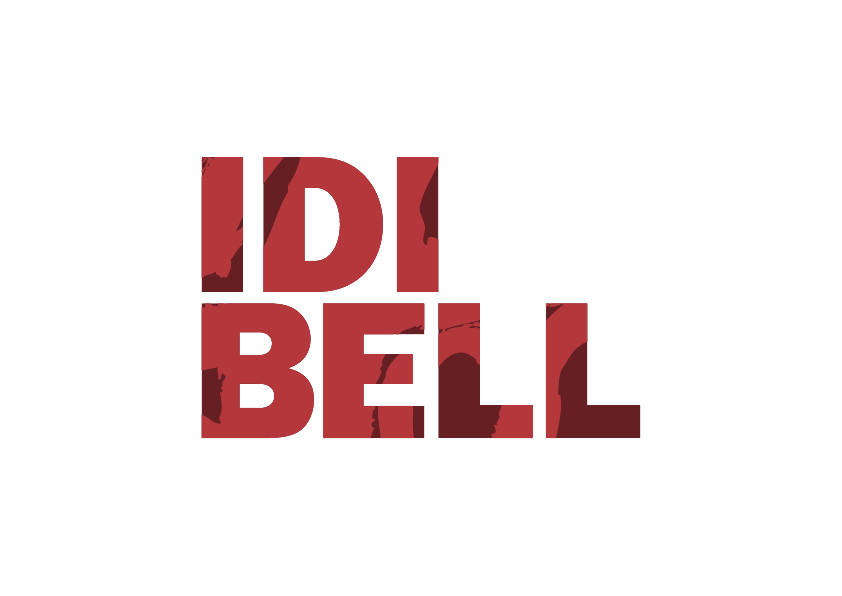2020 has been a year clearly marked by the COVID-19 pandemic. Therefore, allow me to begin by thanking all the health professionals for the titanic efforts they made, and continue to make, to mitigate this harsh crisis. I also want to thank the research community for their immediate generosity when the pandemic broke out, offering their help and the material they had, and later, for the efforts they had to make to adjust their presence in the laboratories according to the changing regulations. We have reacted at a great speed to adapt, in the best way, to the situation of each moment and have given the best of ourselves for the benefit of society.
The declaration of the state of alarm marked a before and an after for many people and institutes, and IDIBELL was no exception. Within 48 hours, much of our workforce went to work from home. To coordinate this transformation, a crisis committee was set up, whose role was key in tackling the exceptional nature of those months and drawing up the different work protocols, always alongside the Joint Committee on Occupational Risk Prevention, who faced the crisis with dedication and professionalism. Similarly, a mailbox dedicated specifically to the management of pandemic communication was created and has handled more than 2,500 emails, sent 25 announcements and nearly 1,000 work certificates.
Despite all these difficulties, IDIBELL groups have continued their research, much of which has no direct link with COVID-19, and we are very proud that, in such complex times, they have achieved such important milestone as the publication of 1,288 scientific articles, a record number in the 16-year history of IDIBELL. It should also be noted that, during 2020, 218 new clinical trials were initiated, almost as many as in a normal year, of which 25 were related to the new coronavirus. In this sense, more than 50 research projects have been carried out about COVID-19, which have already resulted in the more than 200 scientific articles that make up, in part, our contribution to curbing the pandemic. In the field of competitive projects, I would also like to highlight that 3 of the 19 projects awarded by the Department de Salut to deal with the pandemic were awarded to IDIBELL researchers, to which we must add the 3 projects awarded by the ISCIII, making our institute one of the most successful in this call.
We are more than 1,500 professionals, including researchers, support staff and managers. A truly multidisciplinary team focused primarily on four areas: cancer, neuroscience, translational medicine, and regenerative medicine. The words personalized medicine, immunology and health outcomes will be the ones that will guide our future in the medium term, when we anticipate that we will be able to further accelerate research that has a real and measurable impact on health.
Our interest in boosting technology transfer and innovation was evident in the signing of nearly 200 R&D contracts and the creation of a new spin-off, which joins the other five that are still in business. And in turn, our vocation of service to society was translated, among others, in the creation of a new web portal for dissemination and scientific education, sinergia.lh.cat, the result of the collaboration of the ‘IDIBELL with the town hall of L’Hospitalet. This digital initiative allowed us to celebrate, in streaming, the open house day, and offer a wide range of educational and informative materials.
Integrity in research is important to IDIBELL and is essential to receive the support of citizens. In this regard, last July Dr. Anna Veiga was appointed Ombudsperson by the IDIBELL Board of Trustees. Veiga takes over from Dr. Xavier Bosch, outgoing Ombudsperson, who has held this position since 2015. I would like to take this opportunity to thank him again for his dedication, which has been key to starting to focus effectively on good practices at IDIBELL.
We look to the future with optimism because we have shown that when we work together, we are able to meet great challenges. This experience has given us enormous confidence to embark on future projects with more determination than ever. In this sense, we continue to work with the Hospitalet City Council to consolidate a pole of research and innovation that is a benchmark in the knowledge economy.

